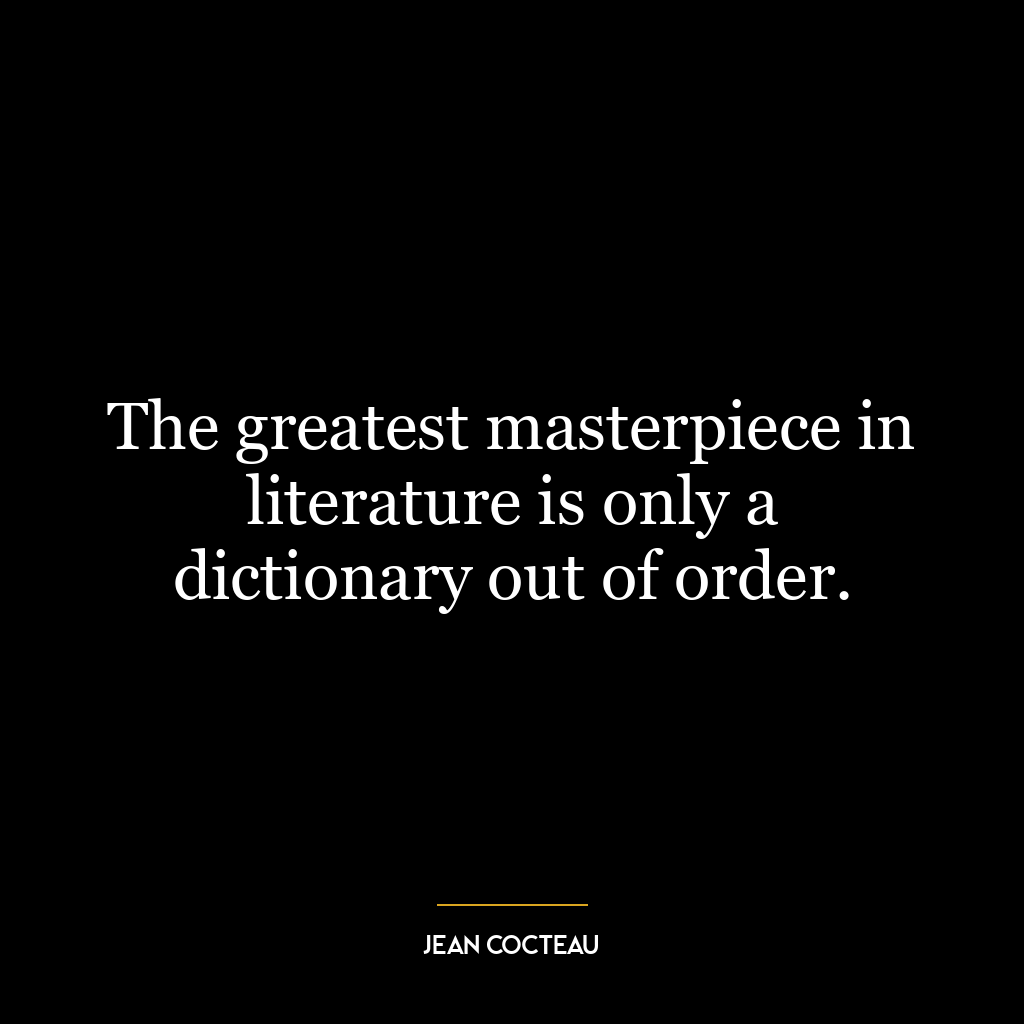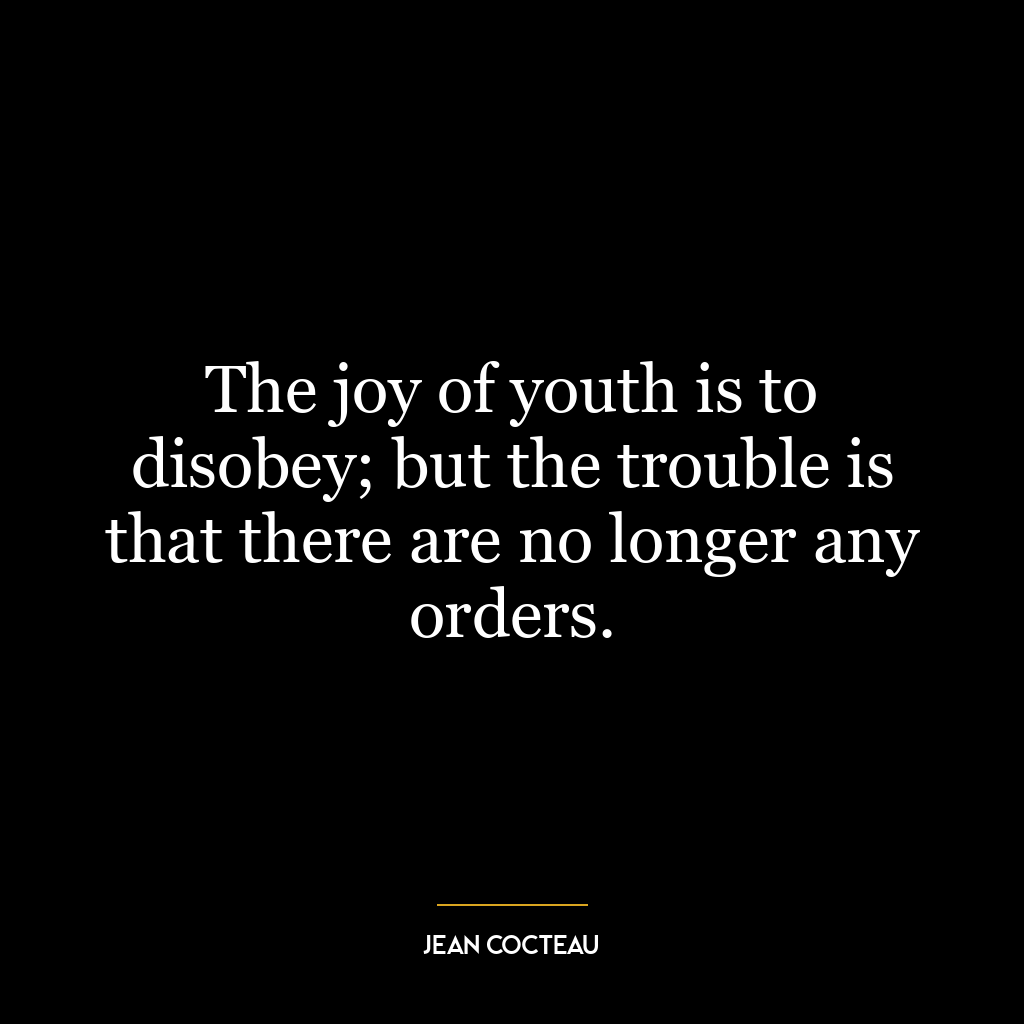This quote suggests that wisdom is not a single entity, but rather a complex structure composed of many different parts. Each piece, or element, of wisdom holds its own unique position and value within the overall construct. It implies that every experience, every lesson learned contributes to our overall wisdom. Each piece bears its mark means that each bit of knowledge or understanding we gain leaves an indelible imprint on us.
In essence, wisdom is seen as something holistic and integrated; it’s not fragmented or piecemeal but interconnected where all parts are equally important and work together to form the whole. This perspective acknowledges the multifaceted nature of wisdom – it’s not just about knowing facts or being smart intellectually, but also includes emotional intelligence, intuitive understanding, life experiences amongst others.
Applying this idea in today’s world could mean recognizing the value in diverse forms of knowledge and varied experiences. In an era where information is abundant and readily available at our fingertips thanks to technology like internet search engines and smartphones; it can be easy to mistake information for wisdom.
But as suggested by this quote – true wisdom comes from integrating various pieces: learning from different sources (not just academic), valuing real-life experiences (including failures), developing emotional intelligence by empathizing with others’ perspectives etc.
In terms of personal development – one could strive for a balanced growth across different areas instead of focusing too much on one aspect (like career success). For instance; nurturing relationships might provide insights about human behaviour which can’t be learned from books while traveling might broaden horizons beyond what we’re used to seeing in our immediate surroundings etc., thereby contributing towards building a more solid ‘building’ of personal wisdom over time.











